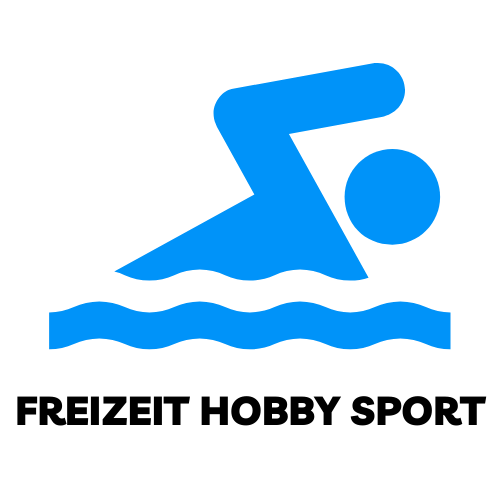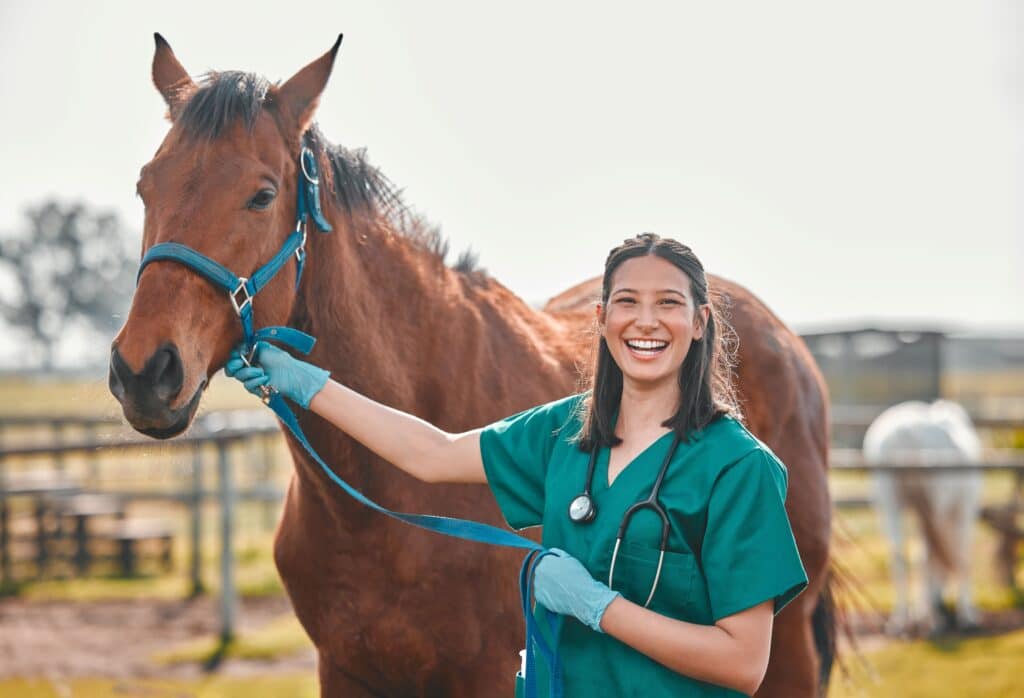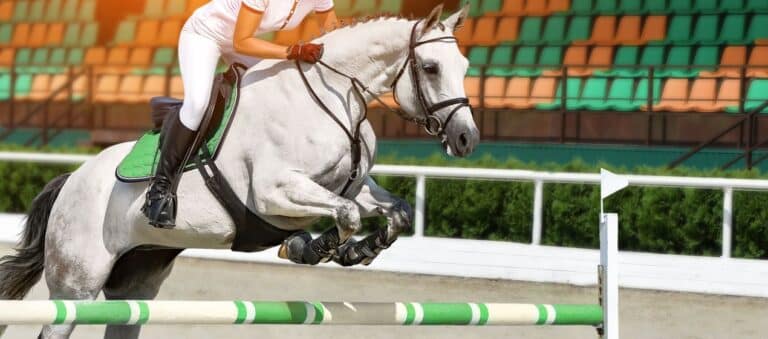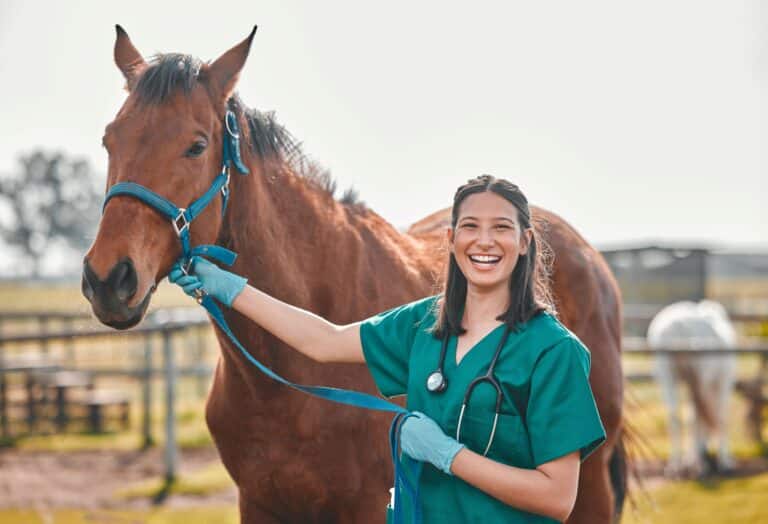The world of horse riding demands a lot from both horse and rider. Optimal care is essential to maintain the health and performance capabilities of horses. In this article, you will learn about the measures you can take to keep your horse healthy and active. We will cover the most important aspects of horse care, from nutrition to disease prevention, ensuring your equine companion remains at their best.
Fundamentals of Horse Care: What Every Horse Needs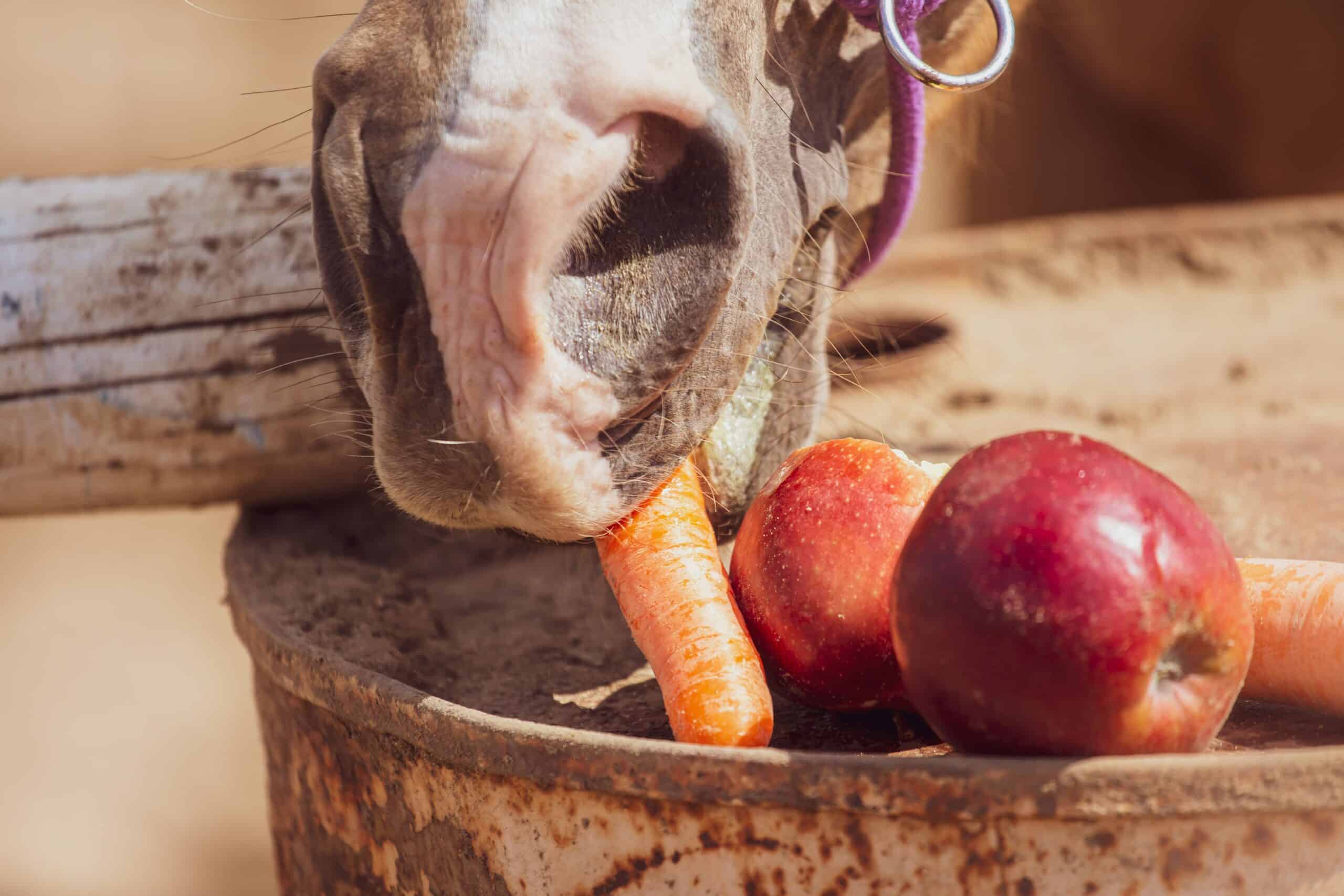
The health of a horse starts with basic care measures that every horse owner should know. A balanced diet, rich in essential nutrients, is the foundation. Moreover, regular exercise is crucial to build muscles and promote joint health, which prevents arthritis and other mobility issues. Continuous medical care is also required to detect and treat potential health issues promptly. By understanding these needs, owners can ensure their horses live long, healthy lives. An equitation horse requires not only a well-balanced diet but also a carefully structured exercise regimen to maintain peak condition.
Importance of Regular Veterinary Checks
Proactive health care is crucial to ensure the long-term vitality of your horse. Regular visits to the vet allow for timely vaccinations and parasite prevention. Through annual health checks, including dental examinations and deworming, your vet can detect health changes and intervene accordingly. These checks help in early diagnosis of conditions that might otherwise go unnoticed until they become severe, saving both distress and money in the long run.
Special Care Tips for Sport Horses
Sport horses undergo considerable stress due to their intense training and competitions, necessitating specialized care. An adjusted training plan that considers rest periods and load limits is as important as a specialized diet that meets their increased energy needs. Physiotherapeutic measures, such as massages and chiropractic adjustments, not only support the well-being and performance of the animal but also prevent injuries by maintaining muscle flexibility and joint mobility.
Interview Insert: New Perspectives in the Horse Industry with Dr. Ross Hufschlag
Editor: Today, we’re speaking with Dr. Ross Hufschlag, an independent expert in the horse industry, known for his humorous approach and deep insights. Dr. Hufschlag, thank you for joining us.
Dr. Ross Hufschlag: My pleasure! I always enjoy talking about my favorite animals.
Editor: You’ve been deeply involved with the latest trends in horse care and management. What do you find most exciting?
Dr. Ross Hufschlag: One of the most fascinating developments is the use of technology in monitoring horses. Systems now exist that can measure everything from heart rate to sleep patterns and stress levels. These data help us to better understand the well-being of the animals and tailor their care more specifically.
Editor: That sounds like a significant innovation. How does it affect daily horse care?
Dr. Ross Hufschlag: It allows for much more individualized care. For example, if we know a horse is having restless nights, we can specifically find out why and react accordingly. Maybe it’s the stable environment, or the animal has health issues that were not previously obvious.
Common Health Issues and Their Prevention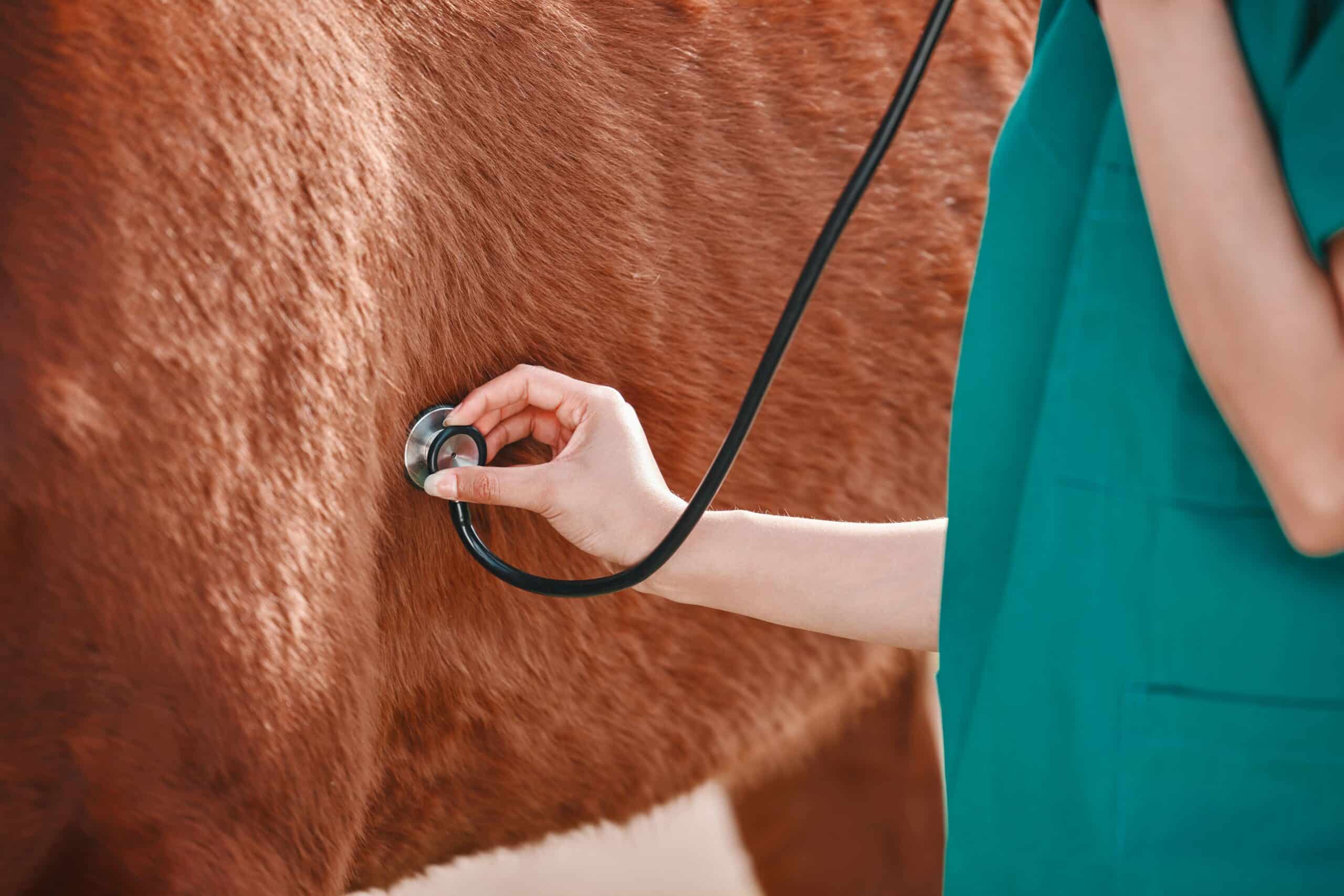
This section addresses typical health problems such as colic, laminitis, and tendon injuries. Each of these issues can have serious effects on your horse’s health if not properly managed. Preventative measures and early detection of symptoms can prevent many of these problems or minimize their impact. Educating yourself about the signs and symptoms of these common ailments will equip you to better care for your horse.
New Section: Modern Rehabilitation Methods for Horses
Rehabilitation plays a crucial role in the recovery of horses from injuries or surgical procedures. Modern rehabilitation methods include water therapy, treadmills, and special fitness equipment designed specifically for horses. These techniques help improve mobility, alleviate pain, and accelerate the healing process. The use of laser therapy and electromagnetic therapy also contributes to tissue repair and inflammation reduction. By employing these advanced treatment methods, horses can not only recover faster but also enjoy a better quality of life during their recovery phase.
The Role of Stable Hygiene and Equipment Care
A clean stable is essential to prevent diseases. Regular cleaning of the stalls and pasture areas helps control parasites and pathogens. Equally important is the care of the equipment: saddles, bridles, and other accessories must be regularly cleaned and checked for wear and tear to ensure they do not chafe or press on the horse. Implementing a routine for equipment maintenance can greatly reduce the risk of skin irritations and infections.
New Paragraph: The Impact of Environmental Management on Horse Health
Effective environmental management is pivotal in ensuring the overall health and well-being of horses. This includes the management of bedding, ventilation, and dust control within stables. Proper management helps in reducing the risk of respiratory issues and contributes to the general comfort and health of the horse. Strategies such as rotating pastures and managing manure effectively can prevent overgrazing and reduce the incidence of parasitic infections.
Conclusion: A Healthy Horse is a Happy Horse
This article has provided comprehensive insights on how to optimize the health and well-being of your horse through careful maintenance and attentive care. Preventative health care through regular checks and preventive measures is key to a long and active life for your horse. Invest in regular care and look forward to many successful years in the saddle.
picture credit: Kirsten Davis/peopleimages.com, Ella/ Adobe Stock

